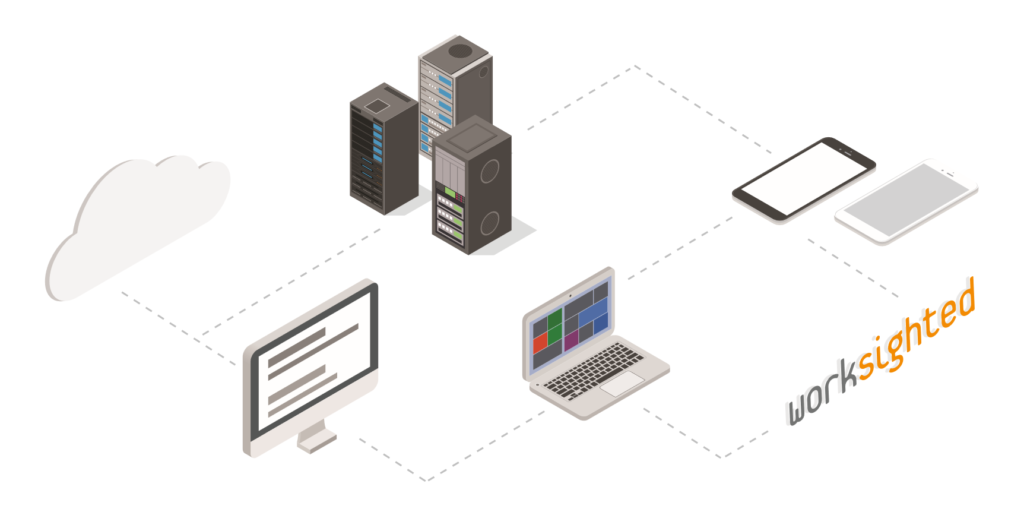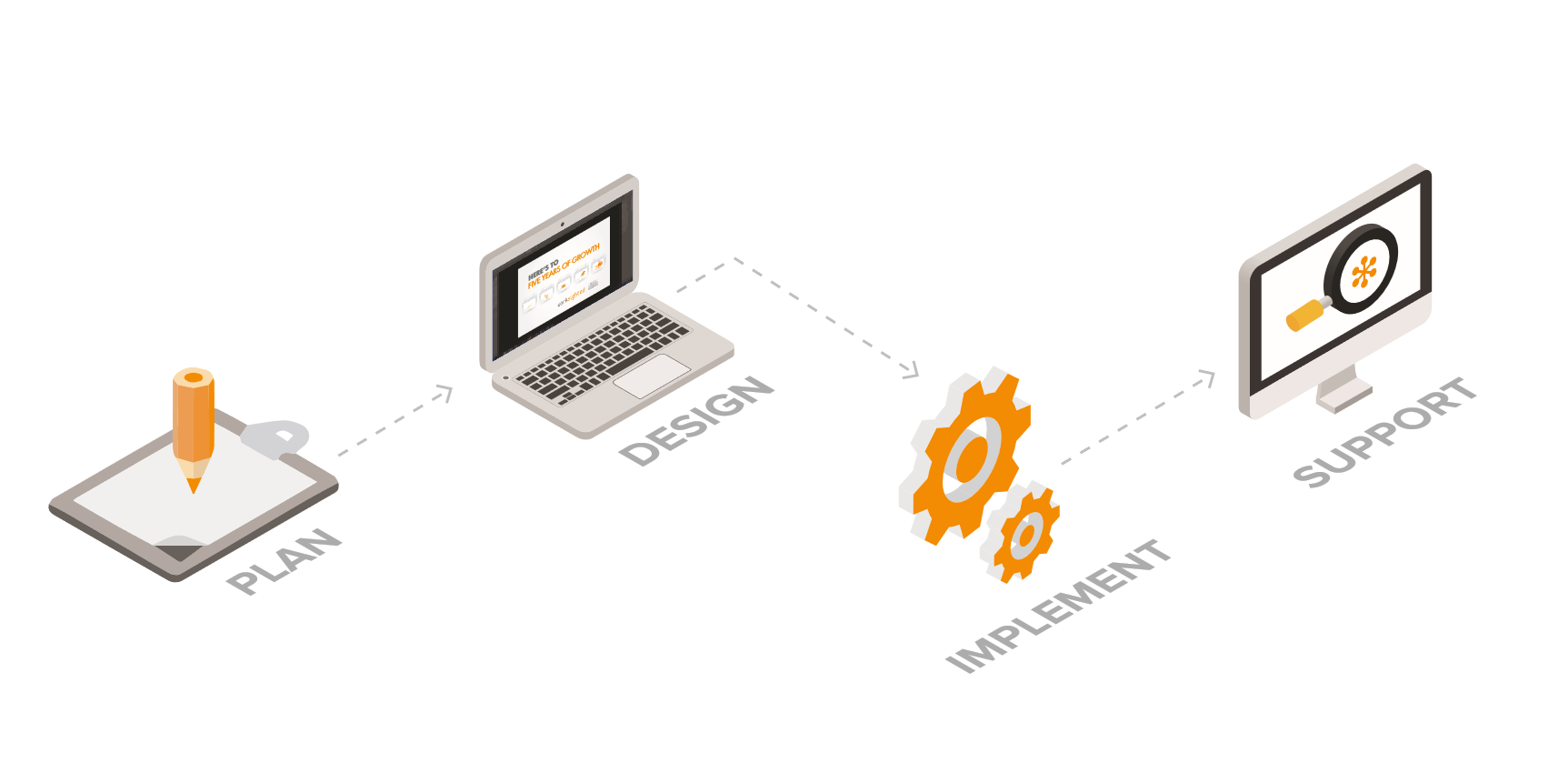Storing Medical Data in the Cloud
From doctor-patient confidentiality to insurance non-disclosure agreements, we do all we can to ensure our medical data doesn’t fall into the wrong hands—and for some healthcare organizations, this makes the idea of storing such data in the cloud quite alarming. Though the cloud promises to reduce costs and streamline records management, it’s all too easily associated with the specter of cyber crime and other security breaches. Fortunately, it’s much safer than you might think.
A Slow Procedure
In 2011, only 4 percent of healthcare providers had moved to the cloud. Adoption rates have since grown (to 21 percent in 2013 by some estimates). Nevertheless, it appears that many in the industry are still reluctant to make the leap, and the main concern among detractors appears to be the possibility of a security breach.
However, when it comes to sensitive data, a security breach isn’t the only thing you have to worry about—data might also be lost as the result of a physical event, like a fire or flood. In other words, if you minimize the possibility of a security breach, then storing data in the cloud might be the safest option available.
Meeting Industry Standards with HIPAA
The good news is that you no longer have to determine for yourself whether or not a cloud provider is able to protect sensitive medical data. In 2013, the federal government expanded the privacy and security protections established under the Health Insurance Portability and Accountability Act of 1996 (HIPAA) so that they now apply to electronic health records. The act outlines strict procedures for storing such records using data encryption and destruction. It also imposes significant penalties on non-compliant organizations.
From the Clinic to the Cloud
When a healthcare organization decides to move to the cloud, it should check that its cloud provider is HIPAA compliant. The U.S. Department of Health doesn’t itself authorize any HIPAA certification programs. However, cloud providers can voluntarily undergo an audit that takes into account the HIPPA Audit Protocols. If they pass, you can be confident that they’re capable of storing your data in a safe and secure environment—which means that the prognosis for your organization’s medical records is very good indeed.
Need advice on aligning healthcare & technology? Give us a call at (616) 546-2691 or drop us a line here.





